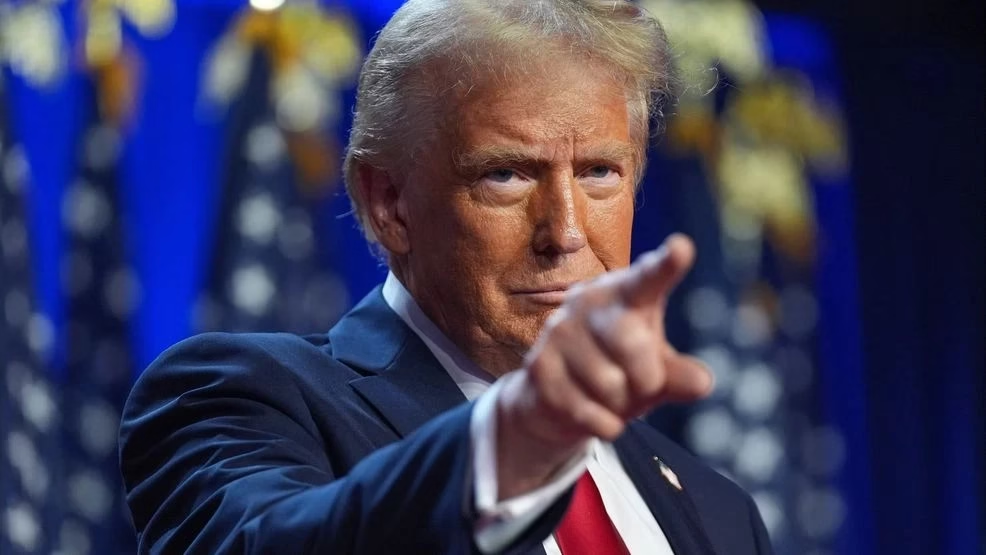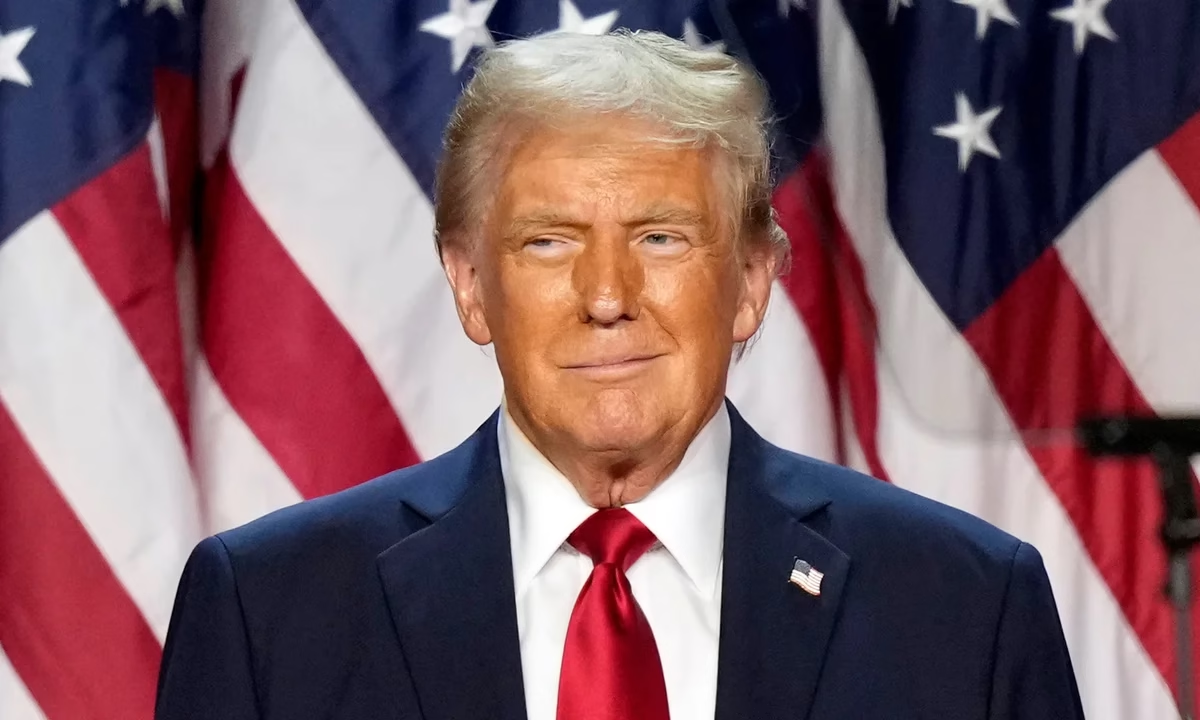
In a strong move that highlights Washington’s growing concern over international narcotics, Donald Trump has flagged India, China, and Pakistan in the global drug trafficking list. Along with 20 other nations, these countries have been identified as either major drug producers or significant drug transit hubs. More strikingly, five nations have been labelled as “failing demonstrably” in meeting their counter-narcotics obligations.
The development, announced in Trump’s latest presidential determination to the U.S. Congress, quickly sparked debate in diplomatic circles and among policy analysts. The decision is not merely symbolic. It carries potential consequences for aid, cooperation, and global pressure in the fight against the drug trade.
What the U.S. List Means
Each year, the U.S. government reviews global drug production and trafficking trends. The review identifies countries considered central to the global narcotics supply chain. This includes states where illegal drugs are cultivated or manufactured, and those that act as key transit points.
This year’s list features 23 countries, including India, China, Pakistan, Afghanistan, Burma (Myanmar), Mexico, and several Latin American nations. Importantly, the U.S. government clarifies that inclusion on the list does not automatically mean a country is non-cooperative. Geography, economics, and trade flows can often make a country vulnerable to trafficking routes.
The Five “Failing” Countries
While India, China, and Pakistan were included in the broad watchlist, five countries were specifically labelled as “failing demonstrably”. According to the U.S. determination, these nations did not do enough to meet their international obligations in counter-narcotics over the past year.
The failing five are:
- Afghanistan
- Bolivia
- Burma (Myanmar)
- Colombia
- Venezuela
For these countries, the consequences could be serious. Under U.S. law, they may face restrictions on foreign assistance or be subject to stricter conditions tied to cooperation on drug enforcement.
Why India, China, and Pakistan Were Flagged
Trump’s statement has significant implications for South Asia. India, China, and Pakistan’s inclusion reflects their roles in the broader trafficking chain:
- India is often cited as a transit country, with its long coastline and proximity to major narcotics hubs making it vulnerable. India also produces precursor chemicals that can be diverted for illegal drug manufacturing if not tightly controlled.
- China was highlighted as the world’s largest source of precursor chemicals used to produce synthetic opioids such as fentanyl. Trump specifically urged Beijing to strengthen enforcement and prosecute traffickers more aggressively, as fentanyl and its analogs have been at the heart of America’s opioid crisis.
- Pakistan was flagged for its proximity to Afghanistan, historically one of the largest producers of opium. U.S. officials claim that porous borders and limited enforcement capacity make Pakistan a key route for narcotics reaching global markets.
Trump Links the Crisis to U.S. Opioid Epidemic
During the announcement, Trump directly connected global narcotics flows to the devastating opioid crisis in the United States. He emphasized that drugs produced or trafficked through these countries have had a destructive impact on American communities, particularly younger citizens.
“The United States cannot ignore the global supply chain that fuels addiction at home,” Trump said in his statement. “Countries that fail to act decisively against trafficking bear responsibility for the consequences.”
Social and Political Reactions
The inclusion of India sparked immediate discussion domestically. Policy experts argued that while India faces challenges with precursor chemicals and trafficking routes, it has generally cooperated with the U.S. on counter-narcotics efforts. Officials in New Delhi are expected to issue a formal response in the coming days.
In China, the move is likely to add another layer of tension to already strained U.S.–China relations. Beijing has previously rejected U.S. criticism, arguing that it has tightened its laws on fentanyl exports and is actively working to prevent abuse of precursor chemicals.
Pakistan may find itself under renewed U.S. scrutiny at a time when it is seeking international financial support and trying to project stability. Analysts suggest that Islamabad may be pressured to increase its enforcement efforts at the Afghan border.
Why It Matters Globally
The designation underscores Washington’s intent to push for stronger international cooperation on drug enforcement. Being named in the list raises a country’s visibility in global counter-narcotics discussions, even if it does not automatically imply wrongdoing.
At the same time, the “failing demonstrably” label for five countries signals that the U.S. may be prepared to condition aid and apply diplomatic pressure where it sees insufficient progress.
For nations like India, China, and Pakistan, the challenge will be balancing domestic priorities with international expectations. The stakes are not just about reputation—they involve trade, aid, and geopolitical relations.
The Bigger Picture
Trump flagging India, China, and Pakistan in the global drug trafficking list reflects the interconnected nature of today’s drug trade. Synthetic opioids, natural opiates, and chemical precursors flow across continents, making international cooperation essential.
While some countries may feel unfairly targeted, the U.S. determination is a reminder that the fight against narcotics is global. Every weak link in the chain has ripple effects far beyond its borders.
Conclusion
By naming India, China, and Pakistan in the global drug trafficking list, alongside five nations branded as failing, Trump has once again placed the issue of narcotics at the center of U.S. foreign policy. The move highlights the urgency of tackling global supply chains that feed the American opioid crisis while pressing countries to tighten controls within their borders.
The announcement may generate diplomatic discomfort, but it also serves as a call for stronger international partnerships. In the end, whether through stricter laws, enhanced border security, or closer intelligence sharing, the world’s response will shape the next chapter in the global war on drugs.



